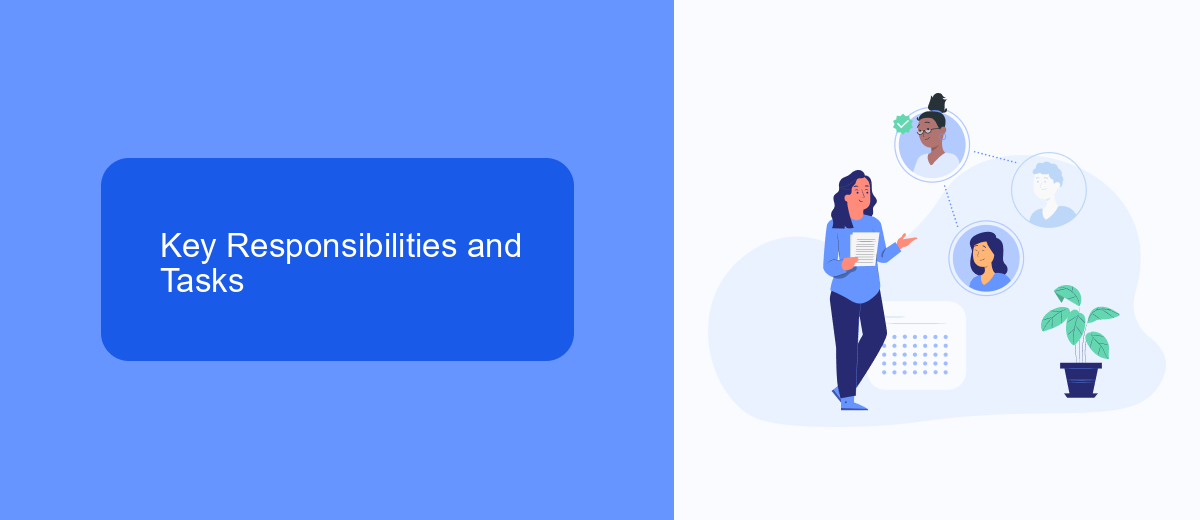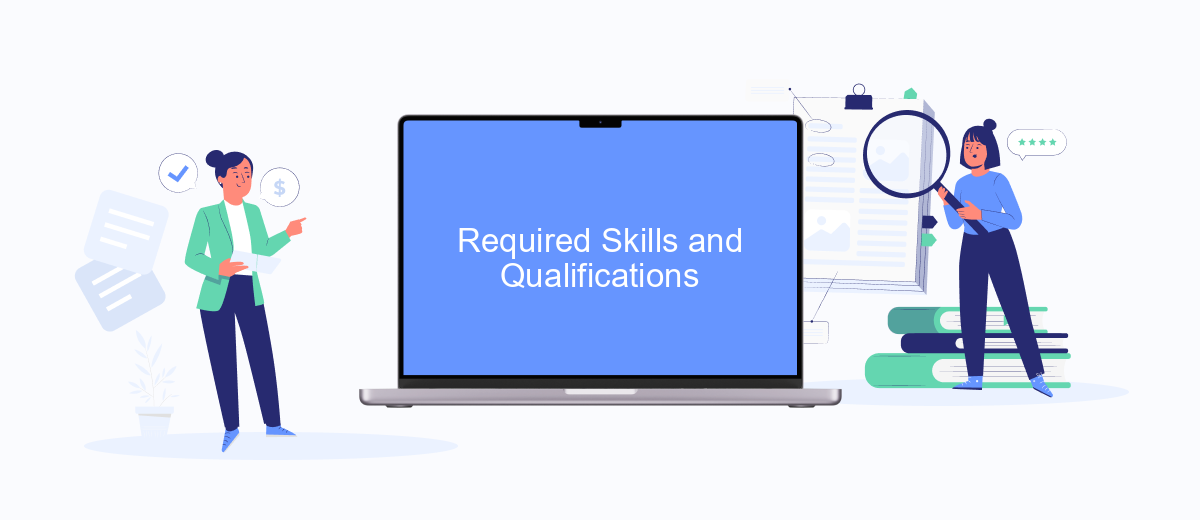A Lead Generation Executive plays a crucial role in the sales and marketing ecosystem of a company. Their primary responsibility is to identify and cultivate potential customers, converting them into qualified leads for the sales team. By utilizing various strategies and tools, a Lead Generation Executive helps businesses expand their customer base and drive revenue growth, making them an indispensable asset in today’s competitive market.
Understanding the Role of a Lead Generation Executive
The role of a Lead Generation Executive is pivotal in the sales and marketing ecosystem, focusing on identifying and cultivating potential leads to drive business growth. These professionals are responsible for researching and developing strategies to attract and engage prospective clients, ensuring a consistent pipeline of opportunities for the sales team. By leveraging various tools and platforms, they analyze market trends and customer behavior to tailor their approach effectively.
- Identifying and qualifying potential leads through research and outreach.
- Developing and implementing lead generation strategies and campaigns.
- Collaborating with sales and marketing teams to optimize lead conversion.
- Maintaining and updating customer relationship management (CRM) systems.
- Analyzing data to refine and improve lead generation processes.
Effective Lead Generation Executives possess strong analytical skills, excellent communication abilities, and a proactive mindset. They are adept at using digital marketing tools and CRM software to track and nurture leads throughout the sales funnel. By understanding the target audience and adapting strategies accordingly, they play a crucial role in maximizing the efficiency of the sales process and contributing to the company's revenue objectives.
Key Responsibilities and Tasks

The Lead Generation Executive plays a crucial role in driving business growth by identifying and nurturing potential leads. They are responsible for researching and analyzing market trends to identify new business opportunities and target audiences. This involves using various tools and platforms to gather data on potential clients, understanding their needs, and developing strategies to engage them effectively. Additionally, they work closely with the sales and marketing teams to ensure the alignment of lead generation activities with overall business goals.
Another key responsibility of a Lead Generation Executive is to manage and optimize the lead generation process. This includes setting up and maintaining integrations with CRM systems and other marketing tools to streamline data flow and improve efficiency. Utilizing services like SaveMyLeads can enhance this process by automating lead data transfers from various platforms, ensuring timely follow-ups and reducing manual errors. Moreover, they are tasked with tracking and analyzing lead conversion rates, adjusting strategies as necessary to improve performance and achieve targets. Regular reporting and communication with stakeholders are also essential to ensure transparency and continuous improvement.
Required Skills and Qualifications

The role of a Lead Generation Executive is crucial for driving business growth, and it requires a specific set of skills and qualifications to be effective. Individuals in this position must possess a combination of analytical abilities, communication skills, and technical knowledge to identify and engage potential leads successfully.
- Communication Skills: Strong verbal and written communication skills are essential for interacting with potential clients and building relationships.
- Analytical Skills: Ability to analyze market trends and data to identify potential leads and opportunities.
- Technical Proficiency: Familiarity with CRM software and lead generation tools to manage and track leads efficiently.
- Research Skills: Capability to conduct thorough research to understand target markets and industries.
- Time Management: Excellent organizational skills to manage multiple leads and follow-ups simultaneously.
Additionally, a Lead Generation Executive should have a proactive attitude and be self-motivated to achieve targets. A bachelor's degree in marketing, business administration, or a related field is often preferred, along with relevant experience in sales or marketing. Continuous learning and adaptability are also key, as the role often involves keeping up with industry trends and new technologies.
Career Path and Growth Opportunities

The role of a Lead Generation Executive serves as a foundational entry point into the world of sales and marketing, offering numerous pathways for career advancement. Individuals in this position typically begin by mastering the art of identifying and nurturing potential leads, which provides them with a deep understanding of customer needs and market dynamics.
As Lead Generation Executives gain experience, they can progress to more senior roles such as Lead Generation Manager or Sales Manager, where they oversee teams and develop strategies to optimize lead conversion. Additionally, the skills honed in this role are transferable to other areas of business, opening doors to various opportunities.
- Transition to a Sales Manager role, overseeing larger sales teams.
- Advance to a Marketing Manager position, focusing on strategic marketing initiatives.
- Explore opportunities in business development, expanding the company’s market reach.
- Specialize in data analysis to drive insights and improve lead generation strategies.
Ultimately, the career path for a Lead Generation Executive is rich with potential, offering growth within the sales and marketing sectors as well as opportunities to branch out into other business areas. Continuous learning and skill development are key to unlocking these opportunities.


Benefits and Challenges of the Role
The role of a Lead Generation Executive offers numerous benefits, including the opportunity to directly impact a company's growth by identifying and nurturing potential clients. This position allows professionals to develop valuable skills in market research, communication, and relationship-building. By leveraging tools and platforms like SaveMyLeads, executives can streamline the lead generation process, ensuring seamless integration of data across various systems. This not only enhances efficiency but also allows for more personalized and timely engagement with prospects, ultimately boosting conversion rates and driving business success.
However, the role also presents several challenges. The ever-evolving digital landscape requires executives to continuously adapt and refine their strategies to stay ahead of competitors. Balancing the quantity and quality of leads can be difficult, as generating a high volume of leads does not always translate to successful conversions. Additionally, maintaining up-to-date knowledge of industry trends and technologies, such as SaveMyLeads, is crucial for optimizing lead generation efforts. Overcoming these challenges demands a proactive approach, a keen understanding of market dynamics, and a commitment to continuous learning.
FAQ
What is a Lead Generation Executive responsible for?
What skills are essential for a Lead Generation Executive?
How does a Lead Generation Executive measure success?
What strategies do Lead Generation Executives use to generate leads?
How can automation tools benefit a Lead Generation Executive?
You probably know that the speed of leads processing directly affects the conversion and customer loyalty. Do you want to receive real-time information about new orders from Facebook and Instagram in order to respond to them as quickly as possible? Use the SaveMyLeads online connector. Link your Facebook advertising account to the messenger so that employees receive notifications about new leads. Create an integration with the SMS service so that a welcome message is sent to each new customer. Adding leads to a CRM system, contacts to mailing lists, tasks to project management programs – all this and much more can be automated using SaveMyLeads. Set up integrations, get rid of routine operations and focus on the really important tasks.
